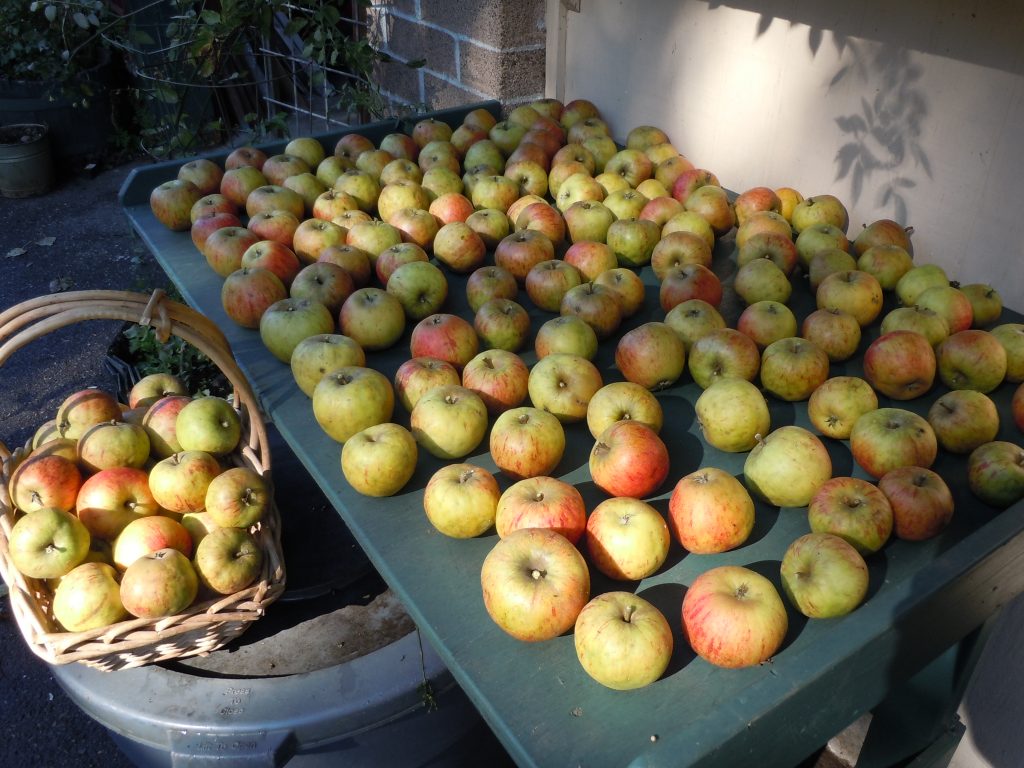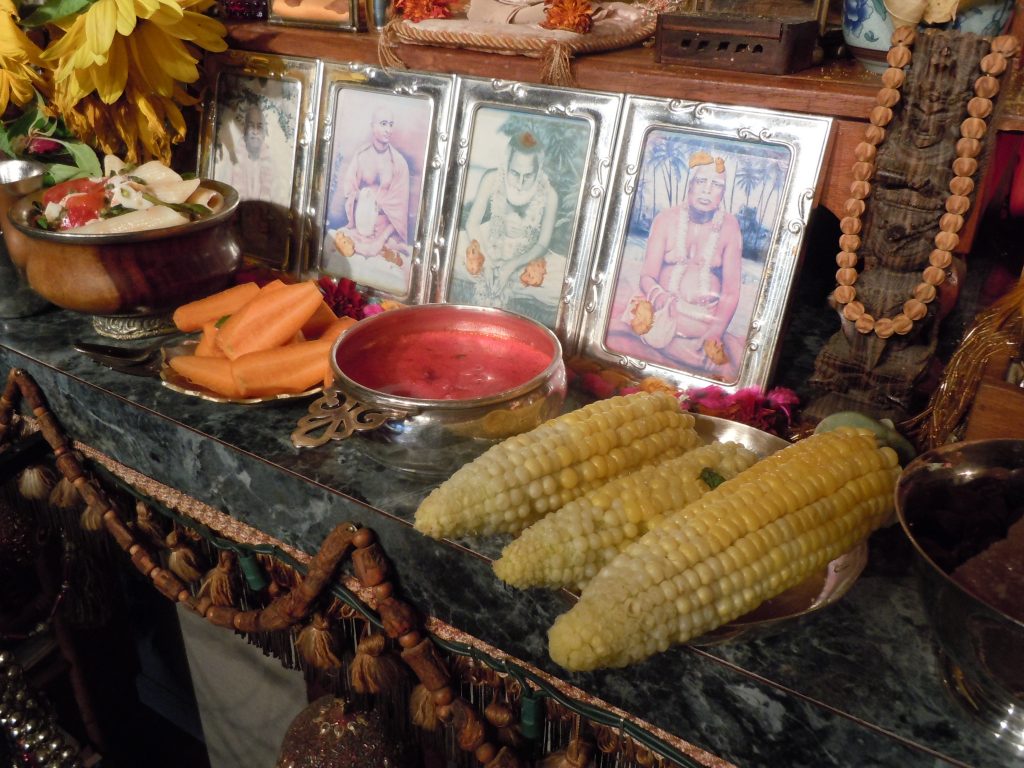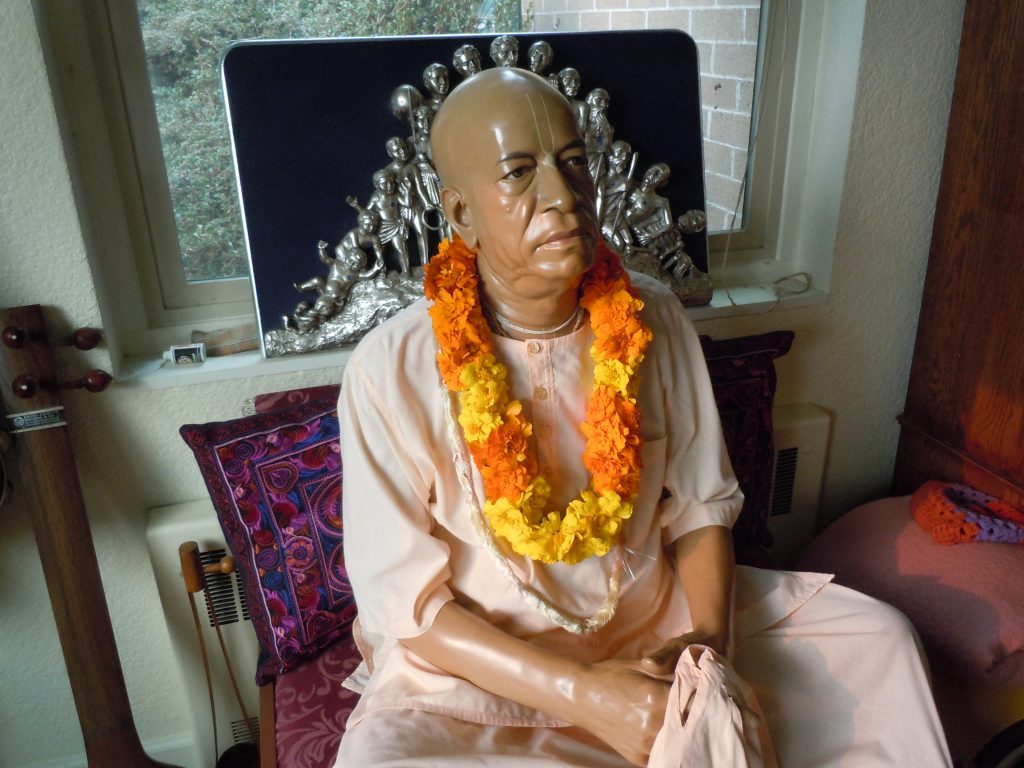- July 22, 2020SB 10.1.48-As long as he has intelligence and bodily strength, an intelligent person must try to avoid death. This is the duty of…
- July 22, 2020https://youtu.be/OtDP7cPwiwcThe flowers on the altar looked so nice this morning I have to make a short video clip of everything....

Under the guidance, inspiration and authority of
His Divine Grace A.C. Bhaktivedanta Swami Prabhupada
Founder-Acharya of the Krishna Consciousness Movement
Srila Prabhupada: “I wish that each and every branch shall keep their separate identity and cooperate keeping the acharya in the center. On this principle we can open any number of branches all over the world. (Letter, February 11, 1967)







